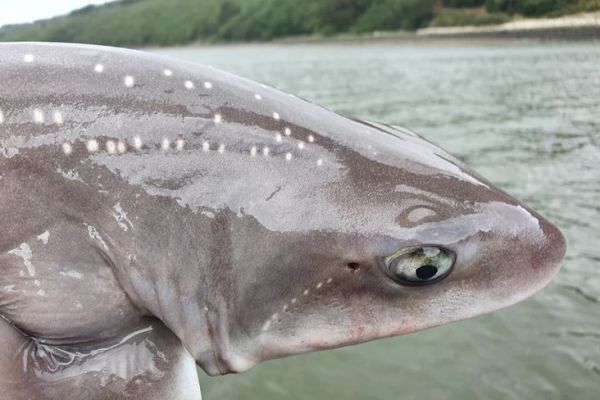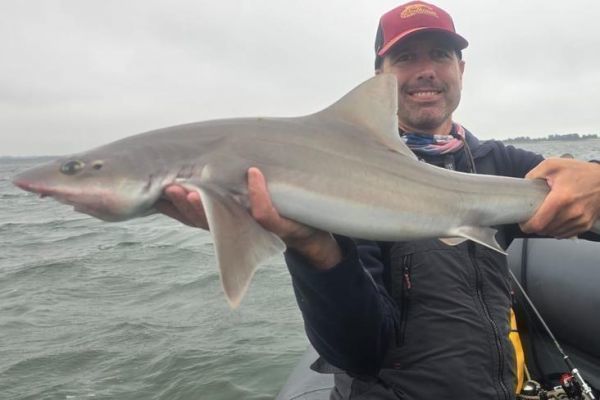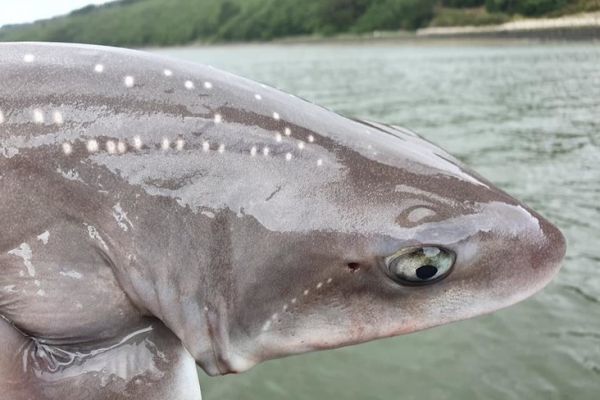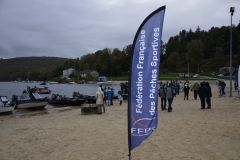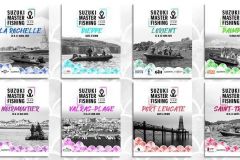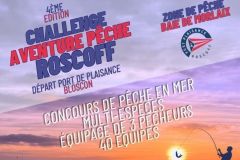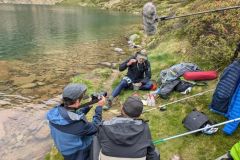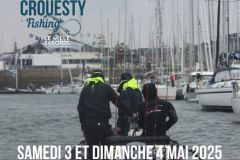Who is APECS?
APECS is a scientific research association that has been in existence for 25 years, with the aim of developing knowledge about the different species of sharks and rays. Today, more than one in three species is threatened, and there is an urgent need to learn more about the behavior and habits of these animals in order to preserve them.
In order to be able to study a very large number of sharks and rays, APECS has set up participatory science programs that enable every citizen to take part in the research.
Over and above the knowledge acquired, APECS aims to raise public awareness of these endangered animals - which, it has to be said, don't always have a positive image in everyone's mind - and to defend their interests at European level.
I invite you to visit aPECS website to find out more about this association, which is committed to working with recreational and professional fishermen to take effective action in the Atlantic and Channel.
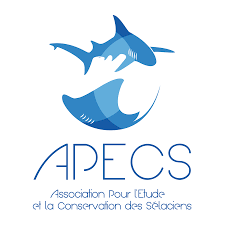
What does it do?
APECS is currently involved in a wide range of initiatives throughout France. They include
- The distribution of curly skate in the Eastern Channel
- The impact of wind farm development on sharks and rays
- Shark and ray tagging for Ifremer
- Inventory of fish species in Brest harbour
- Porbeagle distribution and migration in Côtes d'Armor coastal waters
- Basking shark monitoring
- Collection of empty skate egg capsules
- Tagging a specific species of shark, the spotted shark, in Brittany and the English Channel.
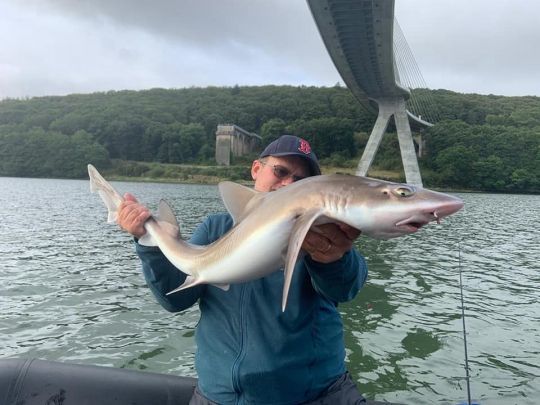
The aim of the competition
As part of the MUSTELUS project, which aims to tag a large number of spotted sharks, a fishing competition specific to this species will be organized on Saturday September 7, 2024 on the Aulne, an estuary home to a large population of this species of shark.
For those unfamiliar with this shark, the emissole is a small creature up to 1.30 m long that feeds mainly on crustaceans (especially crabs), which it crushes with its short, flattened, molar-like teeth.
Today, the emissole is one of the world's endangered species, and it is important to know more about its movements and habits in order to implement appropriate measures to preserve it.
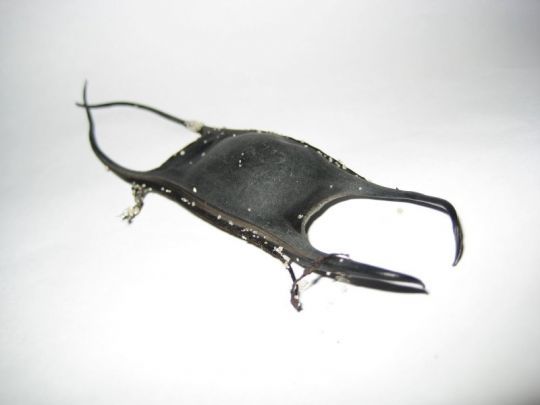
How do I register?
This fishing and participatory science competition is open to boats and kayaks for teams of 2 or 3 anglers. Registration is online via the link below.
